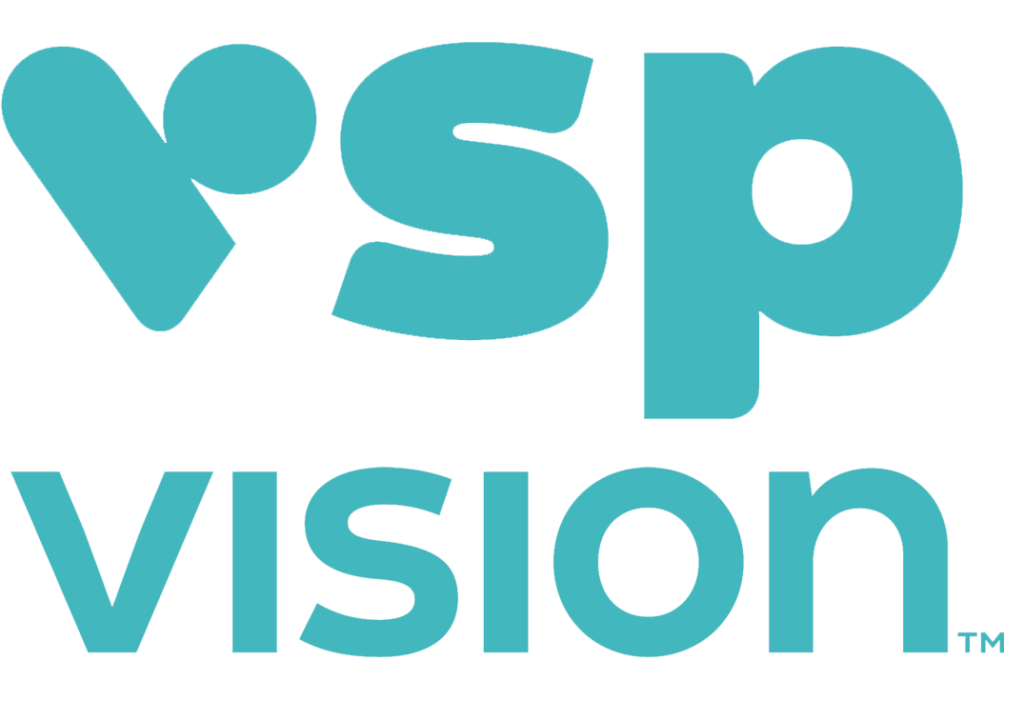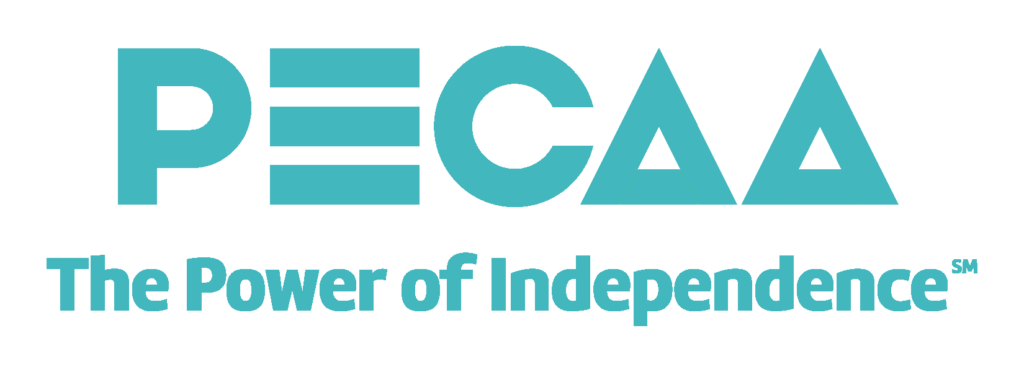- Membership
-
- Events
-
- Advocacy
-
-
-
Advocacy Overview
Political & Legal Advocacy
Grassroot Advocacy
-
-
-
- Resources
-
-
-
Resources
AOA Resources
Media
-
-
-
- More
-
-
-
ABout
Community
COA Leaders Portal
-
-
-
- Join
- My Account





